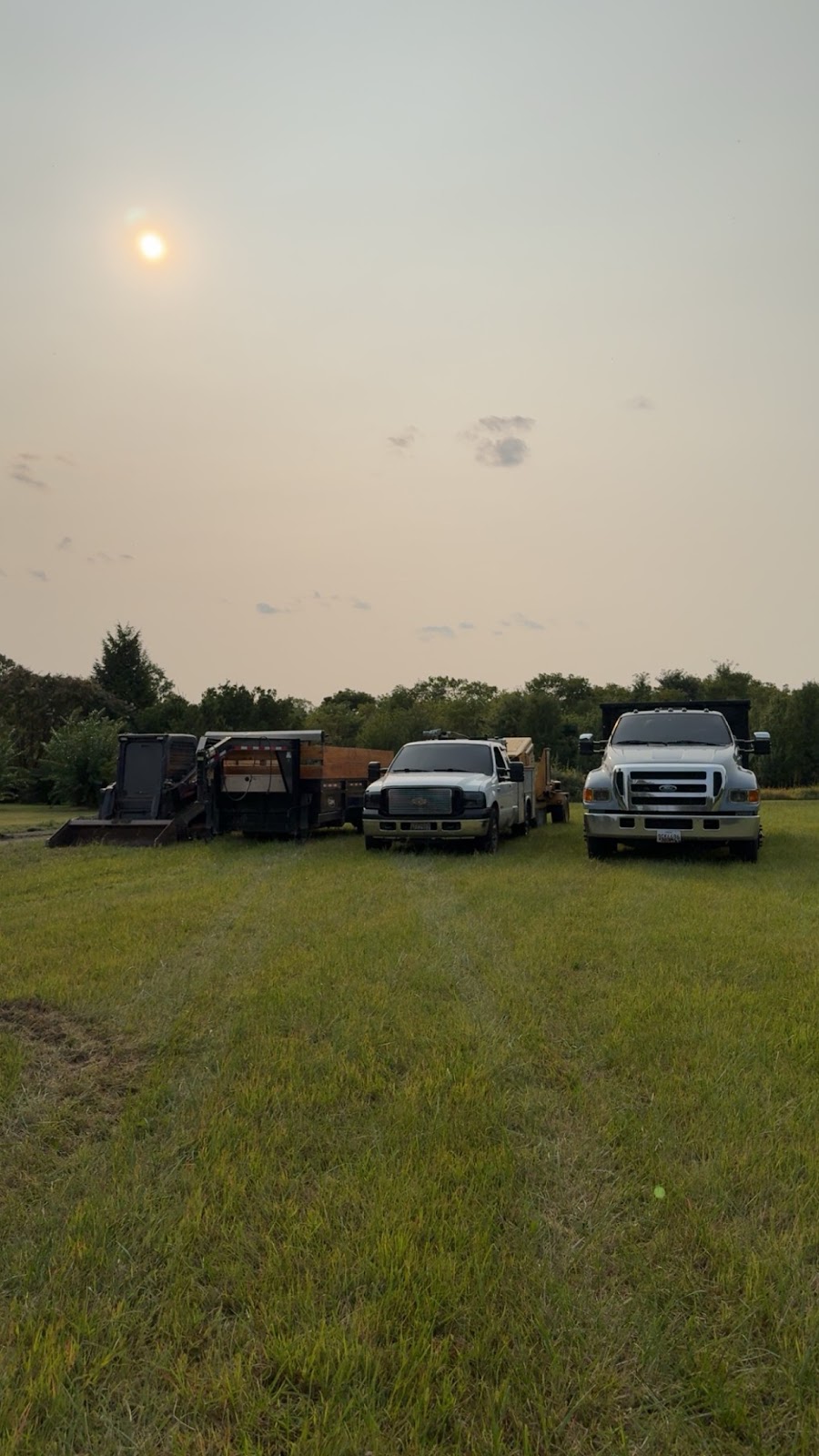
Creating Sustainable Landscapes for a Greener Future Aug 14, 2025
Sustainable landscaping begins with the selection of native plants. Native species are well-adapted to local climatic conditions, requiring less water, fertilizers, and pesticides than non-native alternatives. This means less maintenance and a reduced environmental impact. By planting native species, you can create a resilient landscape that thrives with minimal intervention. At Pleasant Valley Land Management, we encourage the use of drought-resistant plants that conserve water and require less frequent irrigation, making them ideal for eco-conscious homeowners.
Water conservation is a cornerstone of sustainable landscape design. Efficient irrigation systems and the implementation of rainwater harvesting can significantly mitigate water wastage. Smart irrigation systems, which adjust watering schedules based on weather conditions, help ensure that your landscape receives just the right amount of water. Additionally, rain gardens effectively capture and manage stormwater, reducing runoff and replenishing groundwater supplies. These features integrate seamlessly into any landscape, offering a simple yet impactful way to promote sustainability.
Another crucial aspect of creating sustainable landscapes is soil health. Healthy soil is the foundation of a thriving garden, influencing everything from plant health to water retention. Practices such as composting and mulching enrich the soil, enhancing its ability to support life. Composting recycles organic waste into nutrient-rich material, boosting soil fertility while reducing landfill waste. Mulch, on the other hand, regulates soil temperature, retains moisture, and suppresses weeds, all of which contribute to a sustainable ecosystem right in your backyard.
Hardscaping elements also play a vital role in sustainable landscaping. Walkways, patios, and retaining walls crafted from sustainable materials like reclaimed wood, recycled concrete, or permeable pavers reduce environmental impact. These materials not only contribute to the aesthetic appeal of your outdoor spaces but also ensure durability and longevity. Permeable pavers, in particular, allow water to filter through, promoting natural water cycles and reducing runoff.
Biodiversity plays yet another critical role in sustainable landscaping. Encouraging a diverse range of plants invites various pollinators and wildlife, creating a balanced ecosystem. Installing birdhouses, insect hotels, and providing sources of water can attract beneficial insects and birds, further enhancing the health of your garden. A landscape rich in biodiversity is not only pleasing to the eye but also contributes significantly to the preservation of local wildlife.
Sustainability also involves reducing the use of synthetic chemicals. Organic fertilizers and pest control options are readily available, offering an eco-friendly alternative to traditional methods. At Pleasant Valley Land Management, we strive to adopt practices that safeguard the environment, minimizing chemical runoff and promoting a healthy ecosystem.
In conclusion, creating sustainable landscapes is an investment in our planet's future. By embracing eco-friendly practices, such as utilizing native plants, conserving water, maintaining soil health, incorporating sustainable materials, enhancing biodiversity, and reducing chemical use, we can cultivate beautiful, enduring landscapes. At Pleasant Valley Land Management, we are here to help guide you on your journey to creating a sustainable and greener outdoor world. Let's work together to build a brighter, eco-conscious tomorrow, one landscape at a time.
/filters:no_upscale()/media/671ac51a-d63a-4779-90fa-7bf4b209a8c6.jpeg)
/filters:no_upscale()/filters:format(webp)/media/ed7ee32a-cd43-4f7e-be18-0eeea69695f3.jpeg)